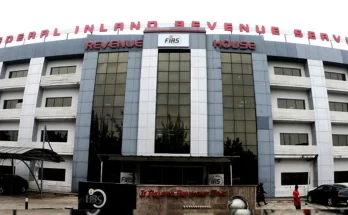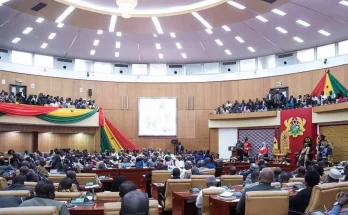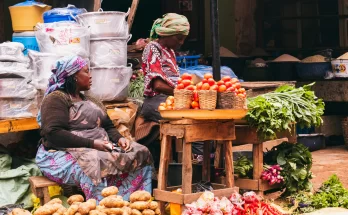Ghana Implements New Tax Measures. Earlier this week, the Ghana Revenue Authority (GRA) commenced the implementation of several new tax policies, signalling potential price increases across various goods and services. The changes, which officially took effect on July 1, 2025, are part of a broader strategy to widen the tax base and enhance domestic revenue mobilisation.
Among the most notable revisions is the introduction of a modified tax regime for informal sector workers, particularly traders, artisans, and small-scale service providers. Under the new rules, individuals earning less than GHS 20,000 annually will now pay a fixed quarterly tax, set at either GHS 25 or GHS 45.
The GRA also introduced a 5% excise duty on locally manufactured plastic products, alongside a 15% tax on non-life insurance premiums. These measures are intended to boost Ghana’s fiscal capacity and improve tax compliance, especially among under-taxed segments of the economy.
Ghana Implements New Tax Measures: Industry Reactions and Consumer Impact
Industry players, particularly in the plastics sector, have raised concerns about the downstream effects of the excise tax on consumers. Speaking to local media, Mr. Ebbo Botwe, President of the Plastic Manufacturers Association of Ghana, noted that the 5% tax will likely be passed entirely onto consumers.
“This excise tax is, in reality, a consumption tax. Manufacturers have limited options—we either pass it on or risk business sustainability,” Mr. Botwe explained.
Local vendors are already preparing for the ripple effect. Food seller Solace Mensah shared that any rise in packaging costs will directly influence her pricing model. “If plastic costs go up, I’ll have to increase food prices. Likely by one cedi per plate,” she said.
Similarly, another vendor, Vital Naa Yateley Boys, warned that even a minor increase could require a two-cedi price hike to stay afloat. “We simply can’t absorb it. The margins are already thin,” he remarked.
Traders Seek Fairness in Informal Sector Taxation
At Abeka Market, reactions to the flat-rate quarterly tax have been mixed. Some traders say the fixed nature of the tax ignores the realities of daily sales and business sizes.
“They need to assess our turnover or stock value before applying one-size-fits-all taxes,” said Samuel Apau, a clothing trader. “Small traders should not bear the same tax weight as larger operators.”
Nigeria Signs Double Taxation Treaty with Rwanda
Analysts Call for Better Public Awareness
Tax expert Francis Timore Boi welcomed the attempt to broaden the tax net but questioned its timing. “With just six months left in the fiscal year, there’s a risk the revenue impact may fall short of projections,” he said.
He emphasized the importance of public education and stakeholder engagement. “If more Ghanaians contribute fairly, the income tax rate could be lowered from 25% to 20%. It’s a step in the right direction, though slightly overdue.”
Broader Revenue Strategy
These developments are in line with Ghana’s broader fiscal reform objectives. The GRA has been under pressure to increase the nation’s tax-to-GDP ratio, which remains below sub-Saharan Africa’s average.
The Authority has committed to simplifying compliance processes and introducing more digital tools for tax registration and filing, particularly for informal businesses.
Conclusion
While the intent behind the tax reforms is to improve fairness and sustainability in revenue generation, implementation challenges remain. With costs expected to rise and compliance burdens increasing, both government and taxpayers will need to work collaboratively to navigate this transition period.
As Ghana seeks to stabilize its fiscal framework, the success of these reforms will depend largely on clarity, fairness, and sustained dialogue between policymakers and the public.




